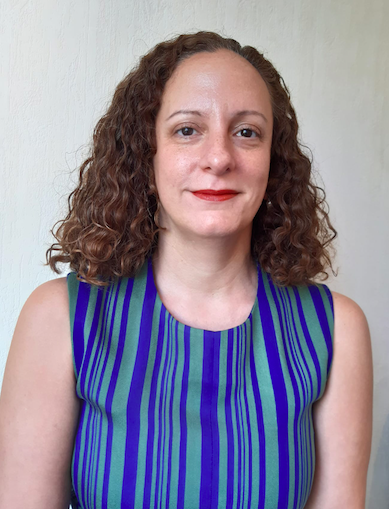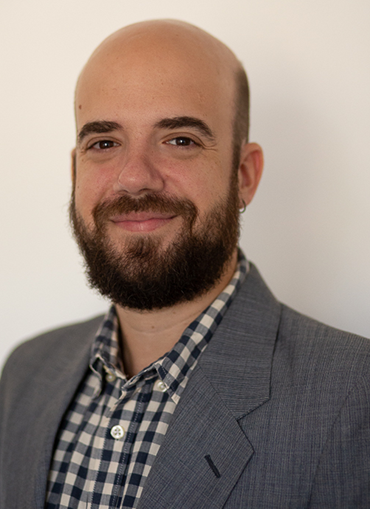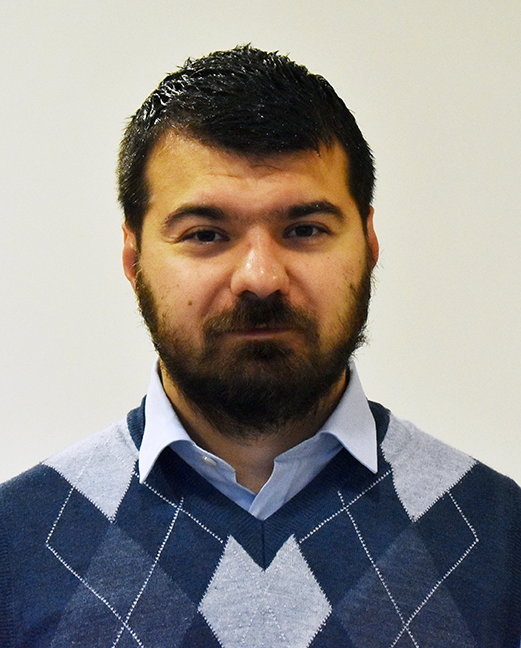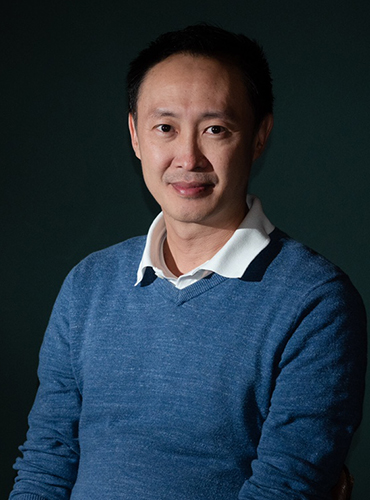Presentations:
Gabriela Costa Chaves and Maria Lorena Di Giano Presentation
Treatment Action Group (TAG) and the International Treatment Preparedness Coalition (ITPC) presented this webinar, outlining the findings of TAG’s “Hepatitis C and Tuberculosis Long-Acting Medicines: Analysis on Patenting Trends” report, on November 4, 2021. Recordings and materials from the virtual event are available in English, Spanish, French and Portuguese.
Long-Acting Formulations (LAFs) have the potential to make treatment for hepatitis C (HCV) and tuberculosis (TB) easier to adhere to, less stigmatizing and more accessible. Unitaid’s LONGEVITY project and other institutions are currently working on several such technologies. Our report analyzed the patent landscape for six LAFs in the development pipeline, assessing how intellectual property issues could impact the availability of LAFs to people who would benefit from them.
The webinar features a panel of treatment activists with ITPC’s Make Medicines Affordable campaign, who discussed how patents may curtail access to these new tools and strategies for securing generic treatments in Ukraine, Brazil, and Thailand. By better understanding the role LAFs and intellectual property barriers play in global health, we hope that researchers, clinicians, civil society members, patients and other advocates will be equipped to take proactive steps to make sure these innovative products reach the communities who need them most.
The webinar recording is below (with subtitles in English, French, Portuguese, and Spanish), and you can download the presentation from the link in the right column.
Moderators:
Bryn Gay and Joelle Dountio Ofimboudem of Treatment Action Group
Othoman Mellouk of ITPC
Speaker:
 Gabriela Chaves has over 15 years of experience working on approaches to address barriers to access to medicines, including patent barriers. For several years she worked for civil society organizations in Brazil advocating for solutions and campaigning on the problem of high prices of monopoly HIV medicines. As a researcher in public health, she has pioneered studies related the analysis and practical solutions on the effects on access to medicines and procurement policies of intellectual property rights and industrial policies in Brazil, including a patent landscape for 74 medicines financed by the Ministry of Health.
Gabriela Chaves has over 15 years of experience working on approaches to address barriers to access to medicines, including patent barriers. For several years she worked for civil society organizations in Brazil advocating for solutions and campaigning on the problem of high prices of monopoly HIV medicines. As a researcher in public health, she has pioneered studies related the analysis and practical solutions on the effects on access to medicines and procurement policies of intellectual property rights and industrial policies in Brazil, including a patent landscape for 74 medicines financed by the Ministry of Health.
Panelists
 Pedro Villardi is the coordinator of the Working Group of Intellectual Property (GTPI) of the Brazilian Network for the People’s Integration and project coordinator of the Brazilian Aids Interdisciplinary Association (ABIA). He also has a degree in International Studies at PUC-Rio, a master’s in Bioethics and Public Health, and has a Ph.D. in Social Sciences and Health at the Institute of Social Medicine of UERJ (IMS/UERJ). Villardi has worked and researched access to medicines, pharmaceutical patents, and global health for more than ten years. He has authored several papers, chapters, and books on the issue.
Pedro Villardi is the coordinator of the Working Group of Intellectual Property (GTPI) of the Brazilian Network for the People’s Integration and project coordinator of the Brazilian Aids Interdisciplinary Association (ABIA). He also has a degree in International Studies at PUC-Rio, a master’s in Bioethics and Public Health, and has a Ph.D. in Social Sciences and Health at the Institute of Social Medicine of UERJ (IMS/UERJ). Villardi has worked and researched access to medicines, pharmaceutical patents, and global health for more than ten years. He has authored several papers, chapters, and books on the issue.
 Mykyta Trofymenko is an Intellectual Property Counsel at the charitable organization 100% Life (Ukraine). Mr. Trofymenko holds a Master’s degree in law (2012), a degree in Intellectual Property (2016) and was a Scholar-in-Residence at the Program on Information Justice and Intellectual Property at the American University Washington College of Law (2017-2018). For more than 8 years he has been working on the issues related to intellectual property, patents, pharmaceuticals and public health.
Mykyta Trofymenko is an Intellectual Property Counsel at the charitable organization 100% Life (Ukraine). Mr. Trofymenko holds a Master’s degree in law (2012), a degree in Intellectual Property (2016) and was a Scholar-in-Residence at the Program on Information Justice and Intellectual Property at the American University Washington College of Law (2017-2018). For more than 8 years he has been working on the issues related to intellectual property, patents, pharmaceuticals and public health.
 Chalermsak Kittitrakul started his career related to free trade agreements (FTAs), intellectual property (IP), and access to anti-retroviral medicines (ARVs). He worked with academics and civic groups to encourage the Thai government to implement the Government Use License to promote access to lifesaving drugs. Since 2013 he has worked with AIDS Access Foundation,
Chalermsak Kittitrakul started his career related to free trade agreements (FTAs), intellectual property (IP), and access to anti-retroviral medicines (ARVs). He worked with academics and civic groups to encourage the Thai government to implement the Government Use License to promote access to lifesaving drugs. Since 2013 he has worked with AIDS Access Foundation,
as Project Manager for Access to Medicines, and continues monitoring policies affecting access to medicines.
